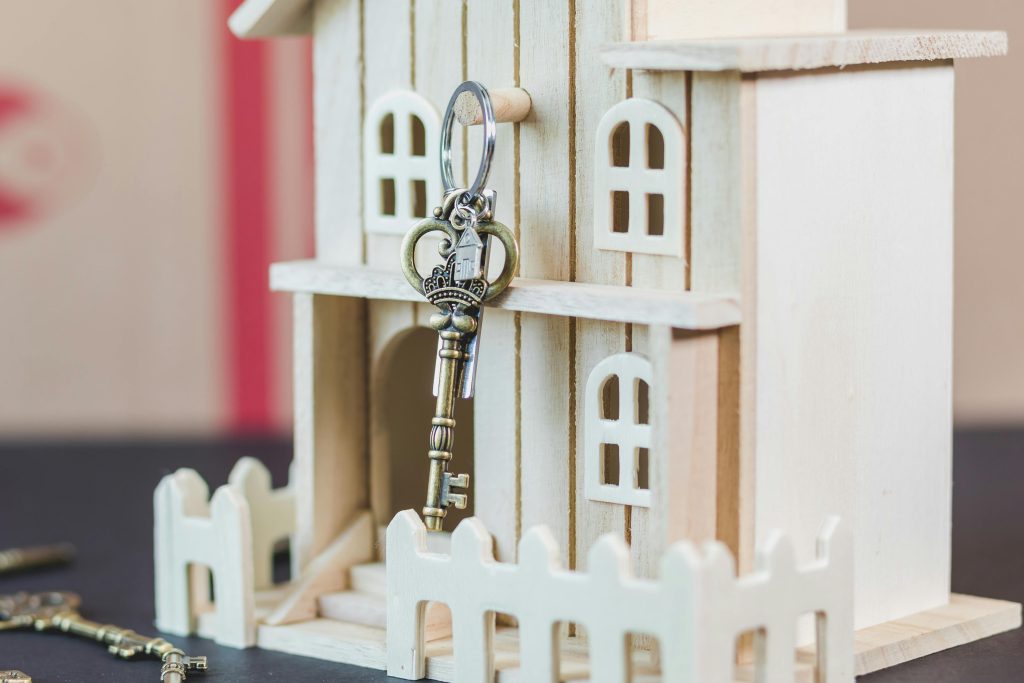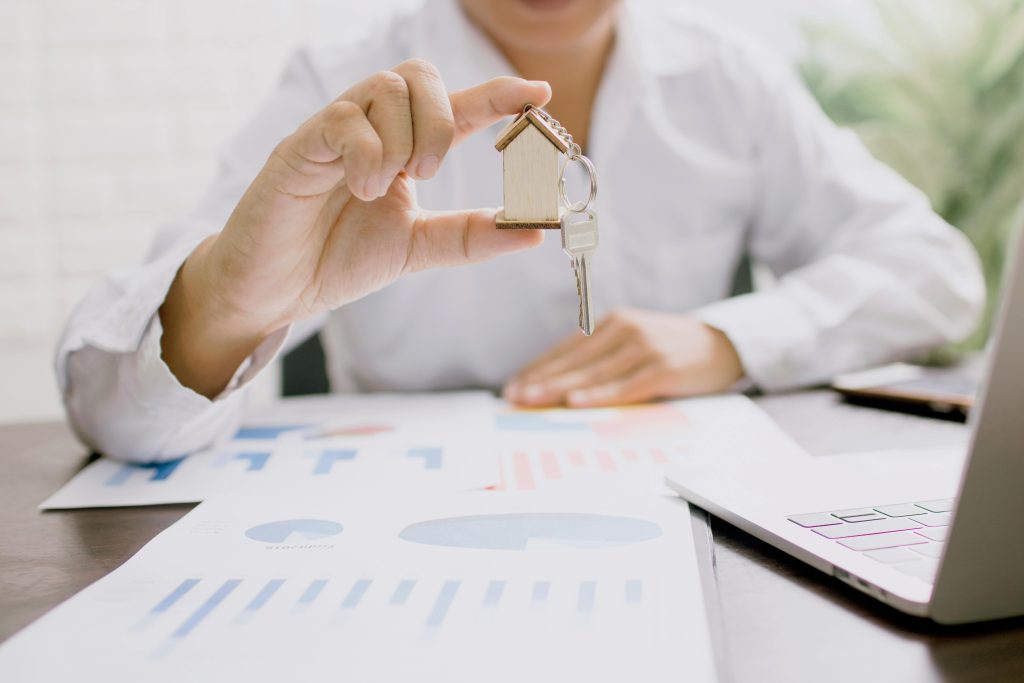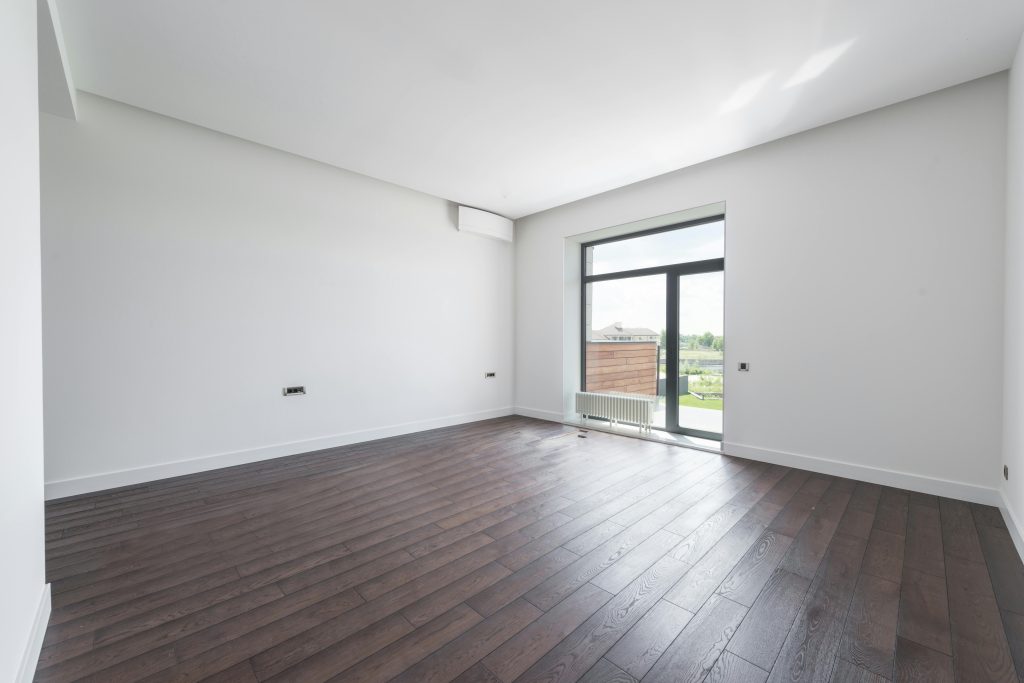If you’ve ever wondered what ‘equity’ really means in the world of property, it’s time to stop scratching your head. Here, we unpack its meaning and why it can be one of your most potent tools in home ownership.
What is equity?
Home equity is your financial stake in a property’s worth, calculated by subtracting any outstanding loans or liens from the home’s current market value. This equity isn’t just about paying off your mortgage. It’s a versatile asset you can tap into for various needs, like debt consolidation, home improvements or further property investment. With typically lower interest rates than credit cards and potential tax benefits, leveraging your home’s equity can be a savvy financial move.
How does home equity work?
You’ve bought a home with a mortgage. While we might not like to think too hard about it, the lender has a stake in the property until you’ve paid off that loan in full. Until then, your slice of the pie – your home equity – is the part of the home’s value you actually own.
Imagine your home’s worth £400,000, but you’ve still got £250,000 to pay on your mortgage. That £150,000 gap? Yep, that’s your equity. Every time you pay a bit more off that mortgage, your equity stake grows and your lender’s equity shrinks. And when you finally clear that £250,000? You’re sitting on a full 100% equity.
You kick-start this equity game with your initial down payment when you buy the place. From there, the principal portion of every mortgage payment you make boosts your equity, because a chunk of each payment goes toward shrinking that remaining loan balance you’ve got hanging over your head.
What about appreciation regarding my property’s value?
Equity is about more than chipping away at your mortgage. It also relates to your home’s value going up over time. As property prices rise, so does your equity. So if your home increased £50,000 in value, then your equity grows by the same amount. This means that 100% of any increase in value, after the initial purchase, becomes your equity.
Why does home equity matter so much?
Throughout the entirety of homeownership, equity will play an important role for a variety of reasons. Let’s look at what makes equity matter so much.
Getting a mortgage
From the get-go, equity is pivotal. Your initial deposit is your starting equity, and it directly impacts your mortgage cost. Say you’re eyeing a £300,000 home and can put down £30,000. In this case, you’ve covered 10% of the cost.
You’ll need a 90% loan-to-value (LTV) mortgage for the remaining £270,000. Generally, a higher LTV means steeper interest rates. On the flip side, a heftier deposit increases your initial equity, potentially landing you a more favourable mortgage rate.
Remortgaging or moving
As you accumulate equity, you could qualify for a remortgage at a reduced LTV, which could translate to lower interest rates and monthly payments. Equity also plays a key role when you’re looking to move.
The equity in your current home becomes your next home’s deposit. If your home’s equity has grown, you’ll have more options for your next purchase, or you could secure a mortgage with a lower LTV, making your repayments more affordable.
How can I calculate the equity in my home?
To figure out your home’s equity, follow these steps:
1) Add up the remaining balance on your mortgage and any other secured loans against the property.
2) Subtract this total from your property’s current market value.
Example
- Current property value: £350,000
- Remaining mortgage balance: £150,000
- Outstanding secured loan: £5,000
- So: £350,000 minus £155,000 (£150,000 + £5,000) = £195,000
- You have £195,000 in equity in your home.
To gauge your property’s worth, you have a couple of options:
- Consult local estate agents for a free property valuation.
- Check the sale prices of similar properties in your area.
What is negative equity?
Negative equity occurs when the combined amount of your mortgage and any other loans secured against your property exceeds its current market value. For instance, if property values decline, you might find yourself owing more than what your home is actually worth. This situation can pose challenges if you’re considering selling your home or refinancing your mortgage.
What can I use equity for?
Equity in your home is a financial cushion and versatile asset you can tap into for various needs. Many homeowners use their equity to fund home improvements, which not only enhance living conditions but can also boost the property’s value.
Others might use it to consolidate high-interest debts, effectively swapping out costly credit card balances for a lower-interest home equity loan. It’s also a popular resource for investing in a second property, be it a holiday home or buy-to-let.
How can I build equity in my property?
Naturally, as you chip away at your mortgage, your home equity should grow. Additionally, if your property’s value increases – perhaps due to rising house prices in a desirable area – your equity will expand as well.
If you’re eager to boost your home equity and have the financial means, you might think about:
Overpaying your mortgage
Standard mortgage payments will lower your debt and gradually raise your equity. Most mortgage plans permit overpayments of up to 10% of your remaining balance each year without early repayment charges (ERCs). You can overpay either monthly or through a one-time lump sum. Consult your lender for specifics, as exceeding the allowance could result in ERCs.
Home Improvements
Undertaking certain home upgrades can potentially elevate your property’s value, thereby accelerating your equity growth. These improvements could range from simple redecorating tasks to more extensive projects like installing a new kitchen or bathroom, building an extension, or converting the loft.
Just remember that there’s no guarantee that such renovations will boost your property’s value, so weigh the benefits for your own enjoyment as well.
What is equity release, and how does it work?
If you’re 55 or older, you might have the option to release equity (cash) from your home. This can be done either as a lump sum or through smaller, regular payments, often to supplement retirement income.
The funds you borrow against your home are repaid to the equity release provider either when you pass away or enter long-term care. The repayment comes from the sale proceeds of your home.
Equity release is a decision that requires careful consideration. Since the sale of your home is used to repay the borrowed amount, this diminishes the value of your estate and impacts what you leave behind for your loved ones. It could also affect your eligibility for certain benefits, either now or in the future.
Equity release schemes can be intricate, so it’s crucial to fully understand all terms and conditions before committing. Consult a specialist in this field for advice. Be cautious when securing additional debts against your home, as failure to keep up with repayments could result in repossession.
Selling
Deciding whether to sell your home when you have equity is a personal choice that depends on various factors, such as your financial goals, life circumstances and market conditions. Having equity in your property means you’ve built up a valuable asset that could be leveraged for other opportunities.
Selling could provide you with a substantial lump sum that can be reinvested, used to downsize, or even to enjoy a more comfortable retirement. If you’re considering selling, Property Rescue offers a quick and hassle-free process, which is especially beneficial if you’re looking to sell swiftly.
We buy homes for cash, which can expedite the entire transaction and eliminate the need for a traditional property chain. This can be particularly useful if you have specific timelines to meet or want to avoid the uncertainties that come with the conventional selling process.









